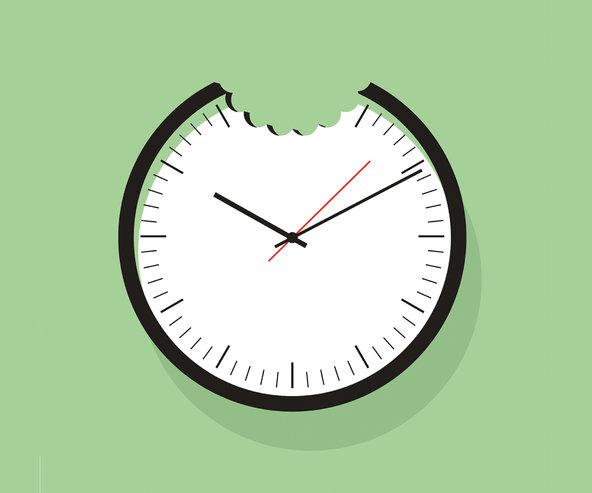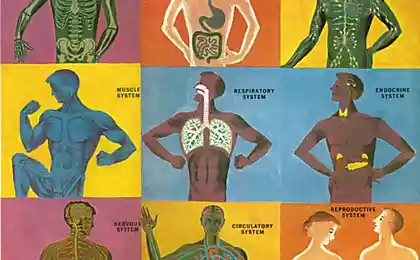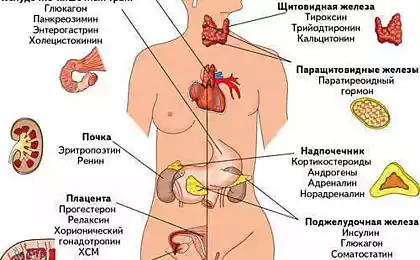416
Why You can eat whatever you want, but only until eight in the evening

Scientists, as your mother, have long suspected that shake the refrigerator in 12 nights not the best idea. But now they have proof.
Scientists from the Institute of Biological Research Salk in San Diego conducted a series of experiments on mice. Laboratory animals put on a diet high in fat. And divided them into two groups. In cells of rodents from the first group of harmful high-calorie food was always. The second group of mice was all the same thing, but after eight in the evening meal they took away — until the next morning.
The result? Mouse from the first few weeks of the experiment began to experience malaise and other symptoms of diabetes. Plus, they rapidly gained weight. But the animals who were not given the opportunity to eat later in the evening, not had a single problem with the metabolism. None at all!
Researchers from San Diego to carry on with the experiments. Next time they divided male mice into four groups. Animals of the first group could eat whenever and ate food with a high fat content and one with high sugar content. Mice of the third and fourth groups were placed on the same two versions of the diet, but animals fed only three times a day. In all four cases, the animals received the same amount of calories.
The experiment lasted 38 weeks. It was found that regardless of diet, those animals that eat at night, began to suffer obesity and metabolic disorders. Those who abstained from food from 8 PM to 8 am, stay healthy. Even the one subgroup of animals, which allowed them to break the eating schedule twice a week — on the weekends.
"Temporary restrictions on food not only prevent obesity. They are able to help to get rid of it," says the author of the study Satchidananda Panda, associate Professor from the Salk Institute. The fact that the fat consumed during the day but not late at night, almost never is deposited in the tissues of the body.
Dr. Panda together with his colleagues believes that food has a significant impact on the body's circadian rhythms. If you later eat, it's likely to have poor sleep. And therefore always feel tired. The lack of energy we tend to compensate for the increased carbohydrate intake during the day. In addition, chronic lack of sleep caused by evening overeating that affects our genetic code. This, in turn, slows down the metabolism.
In General, although experiments were conducted only on mice, researchers from San Diego recommend that people eat only during a 12-hour cycle between Breakfast and dinner. In other words, if you start Breakfast at 8 in the morning, then dinner should be not later than 8 PM.
Dr Panda makes an important clarification: "the Countdown begins not from the moment when you first eaten, and when you start your day. Coffee with cream and sugar, your body perceives it as Breakfast."
Author: Konstantin Shiyan
Source: lifter.com.ua/post/557























